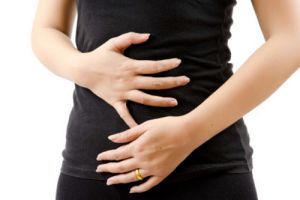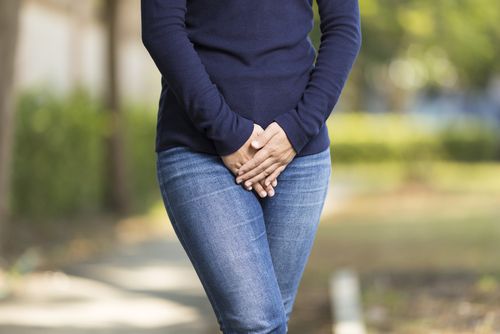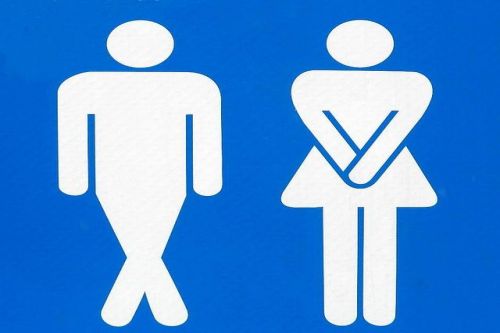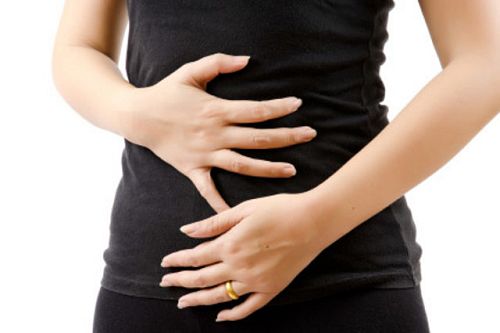Bowel Related Problems

Constipation
Constipation has been defined as infrequent, difficult or incomplete bowel evacuation; the stools can range from small hard ‘rocks’, to a large bulky mass. Bowel habits vary considerably from one individual to another and frequency should be compared to each patient’s usual bowel habit. The normal range of stools is not more than 3 stools per day not less than 3 stools per week.
Diarrhoea
Diarrhoea is loose, watery stools. Acute diarrhoea is a common problem that presents as a sudden onset, lasts less than 2 weeks and usually resolves on its own without special treatment Bowel Emptying problems
Chronic diarrhoea
The frequent, (more than three times daily), passage of unformed stool for one month or more. Persistent diarrhoea may be a feature of a chronic disease such as inflammatory bowel disease, irritable bowel syndrome coeliac disease or Clostridium difficile.
Faecal impaction
Also called loading, is when the rectum, and often the lower colon, is full with hard or soft stool, and the patient is unable to evacuate the bowel unaided. This can result in impaction with overflow ‘spurious diarrhoea’, which is common in the frail elderly population (Harari, 2004) and may be misdiagnosed as diarrhoea and therefore treated incorrectly.
Anal incontinence
The involuntary loss of flatus, liquid or solid stool that is a social or a hygienic problem
Passive soiling
When an individual is unaware of liquid or solid stool leaking from the anus; this may be after a bowel movement, or at any time.
What can help
Please find leaflets to help with Bowel Related Problems tab Advice Leaflets on the right, or click. Here (Hyperlink).
Fluids
Drinking the correct amount of fluid 1.5 – 2 litres of fluid per day can help prevent constipation. The job of the last part of the gut is to absorb fluid back into the body. It will do this even if you are drinking very little. If you are not drinking enough, this makes the waste hard and makes it difficult for you to get rid of waste. Fluid helps the waste to remain slippery and therefore easier to pass.
Fibre
It is important to make sure that your diet has adequate fibre in it. The best advice is to eat 5 portions of fruit and vegetables a day for health. How much fibre is in our diet
Exercise
Limber up!! Regular exercise, within your limitations, can stimulate the bowel to work regularly.
Routine
Bowels benefit from routine. Allow yourself time and privacy to empty your bowels. This can be difficult if you require help and assistance in the toilet, but discuss this with your nurse, they may have some ideas to help.
When you feel the need to empty your bowel – respond! If you keep ignoring the bowel you can make yourself constipated.
Correct Toilet Sitting Position
It is important to be in a good position to have your bowels open so… Are you sitting comfortably? This means being well supported and feeling safe, not slipping or sliding or having trouble getting on and off the toilet. Feet should be raised and supported (about the height of a shoe box), feet flat on box, leaning forward on to knees.
No Straining
Do not strain to aid bowel emptying this can aggravate haemorrhoids (Piles) and can cause haemorrhoids to bleed, if you see blood you should discuss with your GP. Blowing is a very effective way to help empty bowel you can blow on to the back of your hand or blow bubbles
Medication
Some medicines you take may upset your bowel habit. Do not stop medication, but ask your doctor or pharmacist if you suspect this for advice.
Please find leaflets to help with Bowel Related Problems tab Advice Leaflets on the right, or click. Here (Hyperlink).
Last updated20 Mar 2025





